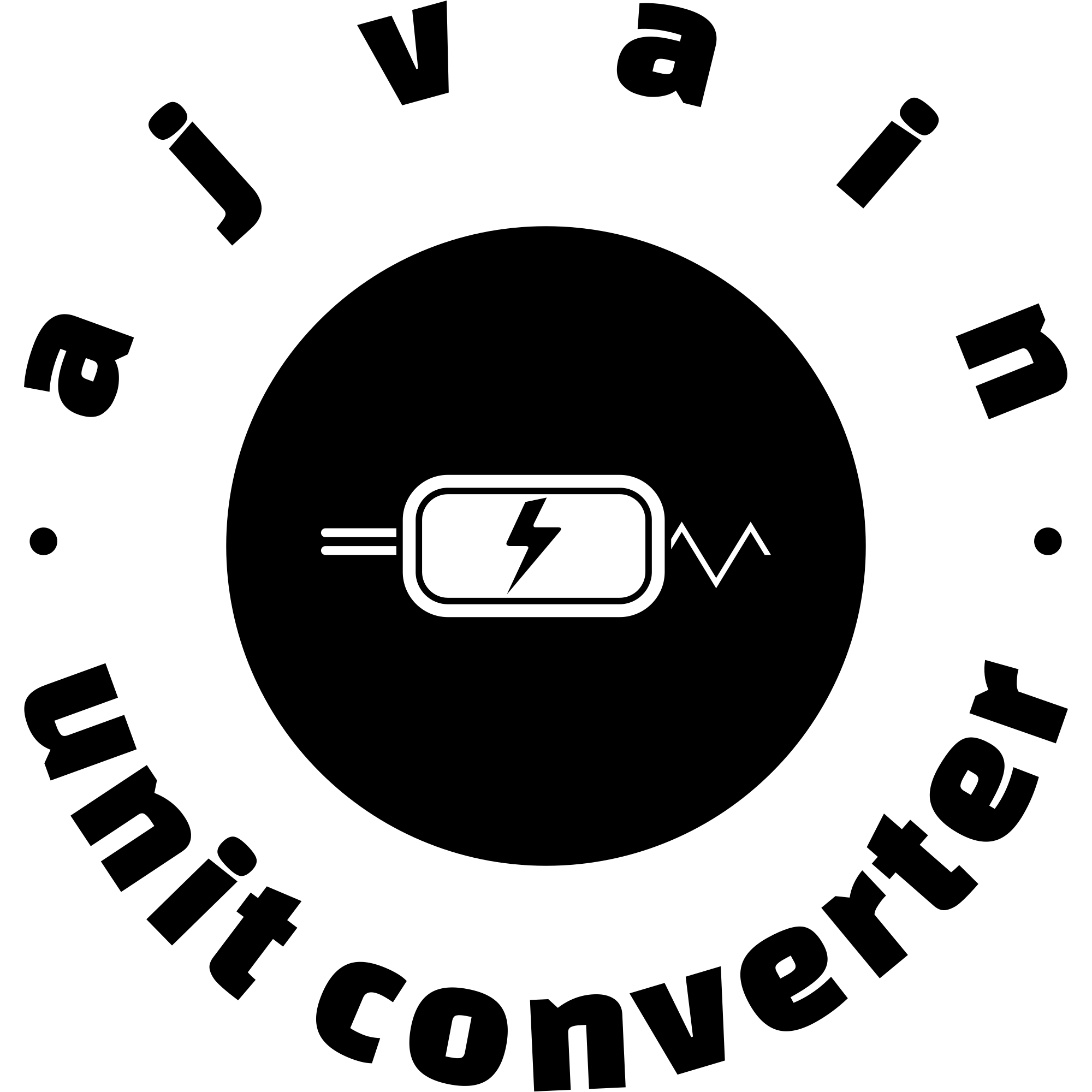Fuel Consumption Converter
Unit Conversion Challenge
Score: 0
Fuel Consumption Converter - Features and Functionalities
1. Introduction to Fuel Consumption Converters
Overview of Fuel Consumption Conversion: Fuel consumption converters are essential tools that allow users to convert between different units of fuel consumption, such as miles per gallon (mpg), liters per 100 kilometers (L/100 km), and other commonly used units. These tools are crucial for comparing fuel efficiency across different regions and standards.
Importance of Accurate Conversion: Accurate fuel consumption conversion is important for various industries, including automotive, transportation, and environmental studies. It helps in making informed decisions regarding vehicle efficiency, cost analysis, and environmental impact.
2. Key Features of Your Fuel Consumption Converter Webpage
User Interface Design
Clean and Intuitive Layout: The user interface of the webpage is designed to be clean and intuitive, allowing users to navigate and use the tool with ease. The color scheme, font choice, and layout all contribute to a pleasant user experience.
Responsive Design: The webpage is optimized for various devices, including desktops, tablets, and smartphones, ensuring a consistent and smooth experience across different platforms.
Unit Selection and Conversion
Comprehensive Unit Options: The converter provides a wide range of fuel consumption units, including mpg (US), mpg (UK), L/100 km, km/L, and more. This allows users to convert between units used in different countries.
Dropdown Menus for Easy Selection: Users can easily select the units they want to convert between using dropdown menus, making the conversion process quick and straightforward.
Real-Time Conversion: The conversion results are displayed in real-time as users input values, enhancing the efficiency and convenience of the tool.
Input and Output Fields
Interactive Input Fields: The input fields are designed for easy editing and clear display. Users can input values directly into the converter without any hassle.
Instant Output Display: The converted value is instantly shown in the output field, minimizing wait times and improving user satisfaction.
Error Handling and Validation
Input Validation: The webpage includes mechanisms to ensure that only valid numerical inputs are accepted, preventing errors and ensuring accurate conversions.
Error Messages: If invalid data is entered, error messages are displayed to guide users in correcting their input.
3. Technologies Used in the Webpage
HTML5 for Structure
Semantic HTML Elements: The webpage uses HTML5 elements to create a well-structured and semantically meaningful layout. This ensures that the content is accessible and well-organized.
Forms and Input Fields: HTML forms and input fields are used to capture user data for conversion. These elements are designed to be user-friendly and functional.
CSS3 for Styling
Responsive Grid Layout: CSS3 grid or flexbox is used to create a responsive layout that adapts to different screen sizes, ensuring that the webpage looks great on any device.
Custom Styles and Animations: Custom CSS styles are applied to enhance the visual appeal of the webpage, including hover effects, transitions, and animations that add a dynamic feel to the user experience.
JavaScript for Functionality
Conversion Logic Implementation: JavaScript handles the conversion logic, applying the appropriate formulas to convert between different fuel consumption units. This ensures accurate and efficient conversions.
Event Handling: JavaScript is used to handle user events, such as input changes and button clicks, triggering real-time conversions and providing a responsive user experience.
Error Handling: JavaScript also manages input validation and error messages, ensuring that the user experience remains smooth and error-free.
4. Advanced Functionalities
Multiple Conversion Support
Simultaneous Conversions: The tool supports converting a single input value into multiple units simultaneously, saving time for the user and enhancing the tool's versatility.
Conversion History: If applicable, users can view their conversion history, allowing them to easily reference past conversions and compare results.
Customization Options
User Preferences: The tool may include customization options, such as setting default units or adjusting the precision (number of decimal places) in the conversion results.
5. Use Cases of the Fuel Consumption Converter
Automotive Industry
Fuel Efficiency Analysis: Car manufacturers and users can use the converter to analyze and compare the fuel efficiency of different vehicles, helping them make informed decisions.
Comparison of International Standards: The converter helps users understand and compare fuel consumption figures between different countries using different units, facilitating international comparisons.
Environmental Impact Assessment
Carbon Footprint Calculation: The converter can be used to estimate the carbon footprint of a vehicle based on its fuel consumption, contributing to environmental impact assessments.
Energy Consumption Reporting: The tool plays a role in preparing reports on energy consumption for various modes of transportation, aiding in regulatory compliance and sustainability efforts.
6. User Experience and Feedback
Ease of Use
Simple and Intuitive Workflow: The design and functionalities of the converter contribute to an effortless user experience, with minimal clicks required to achieve conversions.
Visual Appeal: The visual design, including icons, buttons, and color schemes, enhances the overall user experience, making the tool both functional and aesthetically pleasing.
User Feedback and Ratings
Incorporating User Suggestions: There may be mechanisms in place for collecting user feedback, which is used to continuously improve the tool based on user needs and preferences.
Positive User Experiences: Positive feedback from users can be highlighted to showcase the tool’s effectiveness and the satisfaction it brings to its users.
7. Conclusion
Summary of Features: The Fuel Consumption Converter is a powerful and user-friendly tool that offers a range of features for accurate and efficient conversion of fuel consumption units. Its intuitive design, real-time conversion, and customization options make it an essential tool for users in various industries.
Future Enhancements: Future enhancements could include additional units, improved user interfaces, or integration with other tools and systems to provide even greater functionality and convenience.
Sponsored Links
Advance Common Convert
- Angel Converter
- Area Converter
- Case Converter
- Currency Converter
- Data Storage Converter
- Energy Converter
- Force Converter
- Fuel Consumption Converter
- Length Converter
- Numbers Converter
- Power Converter
- Pressure Converter
- Speed Converter
- Temperature Converter
- Time Converter
- Volume Dry Converter
- Volume Converter
- Weight and Mass Converter
